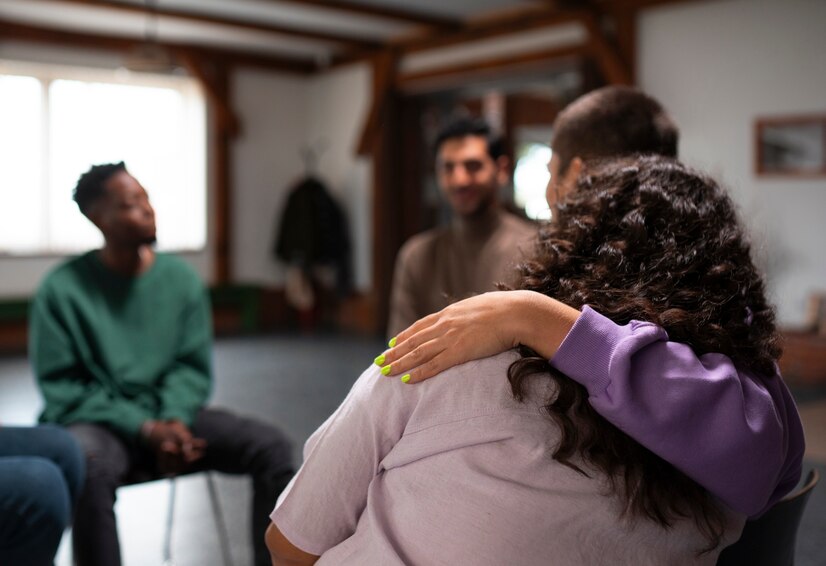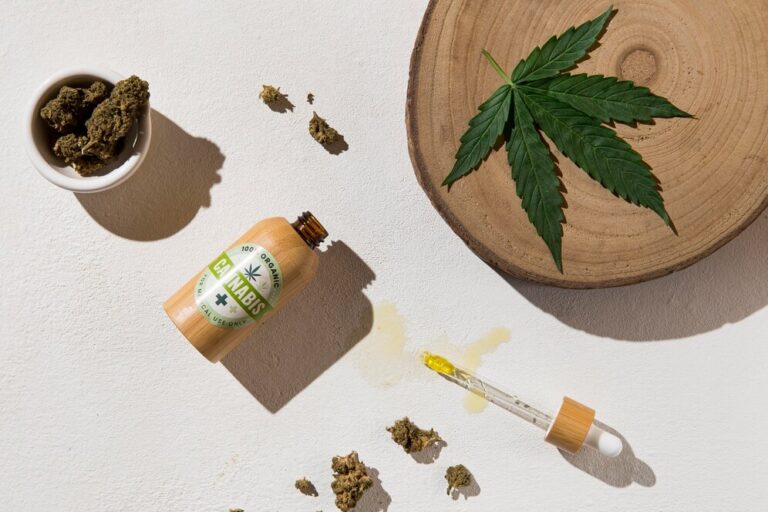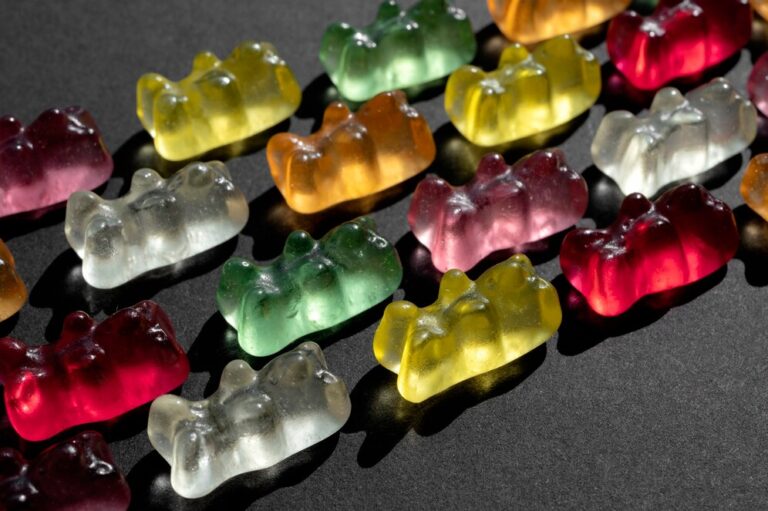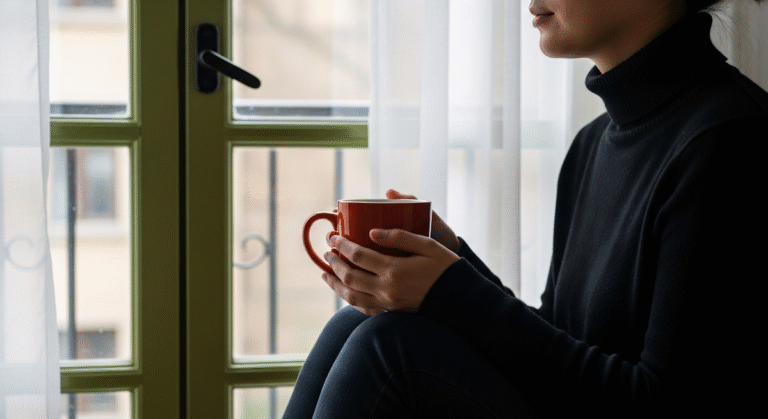The Role of CBD in Supporting Addiction Treatment
Table of Contents
Addiction is a chronic, relapsing condition that affects millions worldwide, impacting both physical and mental health. While traditional addiction treatments—such as counseling, medication-assisted therapy, and support groups—form the foundation of recovery, many people are exploring natural supplements like cbd roll on for pain to enhance their healing process. This article explores the role of CBD in supporting addiction treatment, the science behind it, and how it can be used as a complementary tool for recovery.
What Is CBD?
CBD, or cannabidiol, is a non-psychoactive compound found in the cannabis plant. Unlike THC (tetrahydrocannabinol), CBD does not create a high. Instead, it interacts with the endocannabinoid system (ECS)—a complex network of receptors involved in regulating mood, pain, stress, sleep, and immune responses.
This interaction is the foundation of CBD’s potential in supporting addiction treatment, especially in managing symptoms like cravings, withdrawal, anxiety, and insomnia.
How CBD May Help in Supporting Addiction Treatment
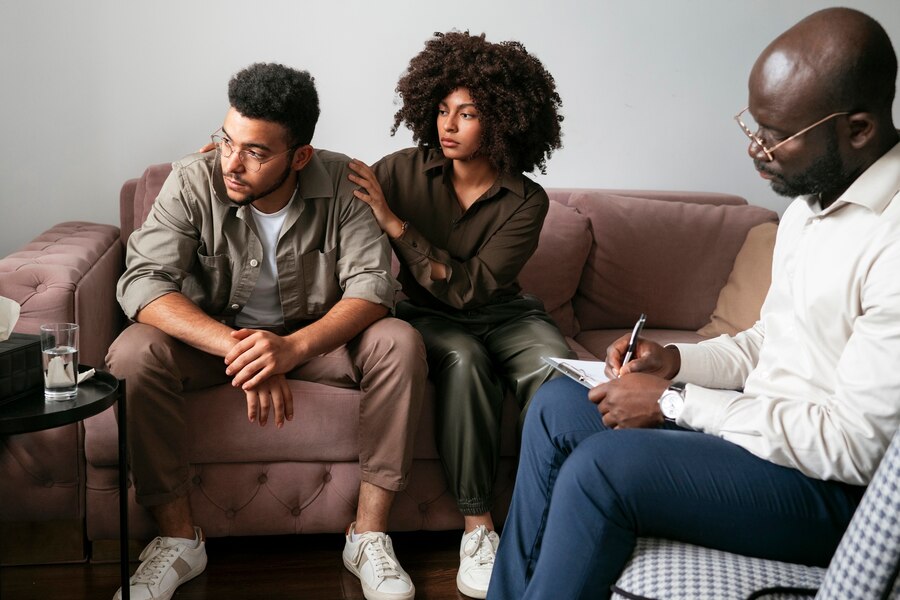
While CBD is not a cure for addiction, it offers several supportive benefits that make it a useful tool during recovery:
1. Managing Cravings
Research suggests that CBD can influence brain pathways related to reward and addiction. By reducing the emotional response to triggers, CBD may help lower the urge to relapse.
2. Reducing Anxiety and Depression
Anxiety and depression are common during addiction treatment and can lead to relapse. CBD has shown potential in easing these symptoms by interacting with serotonin receptors in the brain.
3. Improving Sleep
Insomnia and restlessness are frequent withdrawal symptoms. CBD’s calming effect can promote better sleep, aiding the body’s natural healing process.
4. Supporting Brain Recovery
Substance abuse can damage neural pathways. CBD’s anti-inflammatory and neuroprotective properties may help repair some of this damage, improving cognitive function.
5. Easing Physical Discomfort
CBD is known for its anti-inflammatory and pain-relieving effects, which can help manage the physical symptoms of withdrawal such as headaches, muscle pain, and nausea.
Scientific Studies on CBD and Addiction

Several studies have explored the role of CBD in supporting addiction treatment:
- A 2019 study published in The American Journal of Psychiatry found that CBD significantly reduced cue-induced cravings and anxiety in individuals recovering from heroin use.
- A 2021 systematic review in Frontiers in Psychiatry concluded that CBD has potential in reducing cravings and relapse for substances like opioids, nicotine, and alcohol.
- Animal studies have shown promising results in using CBD to reduce drug-seeking behaviors and dependency on stimulants such as cocaine and methamphetamine.
While more large-scale clinical trials are needed, the early evidence is encouraging.
Best Ways to Use CBD in Addiction Recovery
When incorporating CBD into an addiction recovery plan, it’s important to choose the right product and dosage:
– CBD Oils/Tinctures:
Fast-acting and easy to dose. Place under the tongue for quick absorption.
– CBD Capsules:
Great for consistent daily use with controlled dosing.
– CBD Gummies:
Convenient and discreet, though slower to absorb.
– Topical CBD:
Helpful for localized pain during withdrawal or recovery.
– CBD Vapes (with caution):
Provides immediate effects but may not be ideal for those with lung conditions or recovering from smoking addictions.
Always start with a low dose, monitor your body’s response, and increase gradually. It’s also important to consult a medical professional, especially if you’re in a treatment program or taking prescription medications.
Personal Stories: How CBD Is Supporting Recovery
“I was nervous about quitting alcohol, especially the anxiety. CBD has helped me stay grounded and get through tough days.”
– Lisa M., New York
“CBD didn’t replace my treatment plan, but it helped with the cravings and sleep. I feel more balanced now.”
– Kevin R., Arizona
“Part of my opioid recovery included CBD, and it’s made a huge difference in handling stress and staying focused.”
– Marsha D., Texas
FAQs About CBD in Supporting Addiction Treatment

1. Can CBD replace addiction treatment programs?
No. CBD is not a standalone cure. It should be used as a complement to therapy, medication, counseling, and support groups.
2. Is CBD safe during recovery?
Generally, yes. CBD is considered non-addictive and safe, but always consult your doctor before use, especially if taking medications.
3. Will CBD make me feel high?
No. CBD does not have psychoactive effects like THC and won’t impair your mind.
4. How long does CBD take to work for cravings?
Some users feel relief within 30–60 minutes, while others notice benefits after consistent use over several days.
5. Are there any side effects of CBD during addiction recovery?
Mild side effects may include drowsiness, dry mouth, or digestive issues. Most people tolerate CBD well when using appropriate dosages.
Final Thoughts
As addiction recovery evolves, many are turning to holistic and natural options to support their journey. While CBD is not a cure, its ability to ease anxiety, improve sleep, reduce cravings, and offer neurological support makes it a promising aid in supporting addiction treatment.
If you’re considering CBD, remember to choose high-quality, lab-tested products and involve your healthcare provider in your decision. With the right guidance, CBD can become a helpful companion on your path to recovery and well-being.

